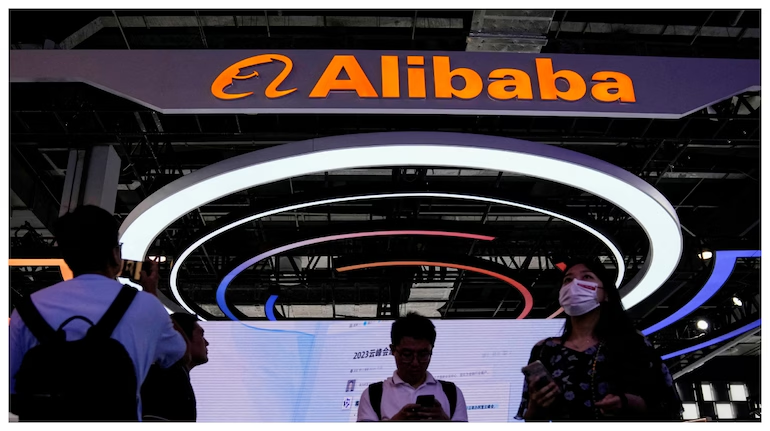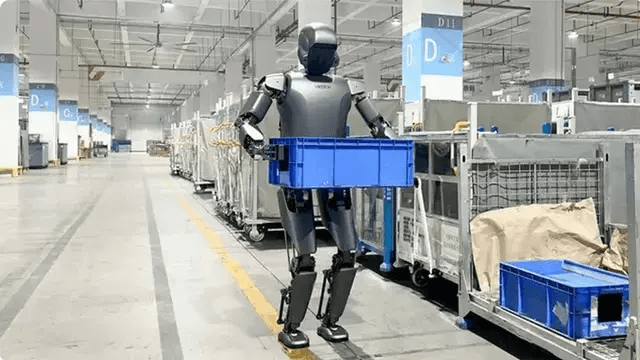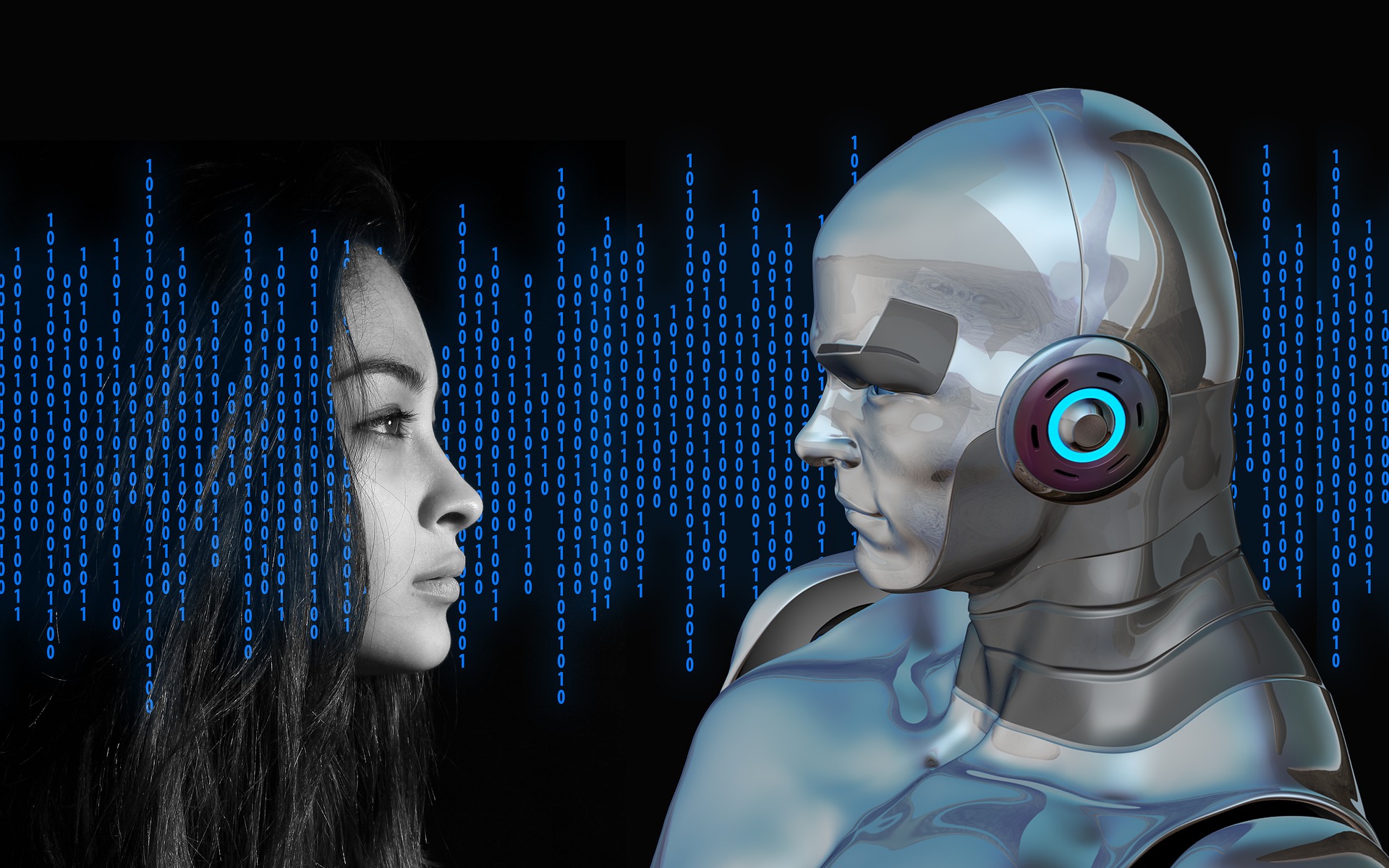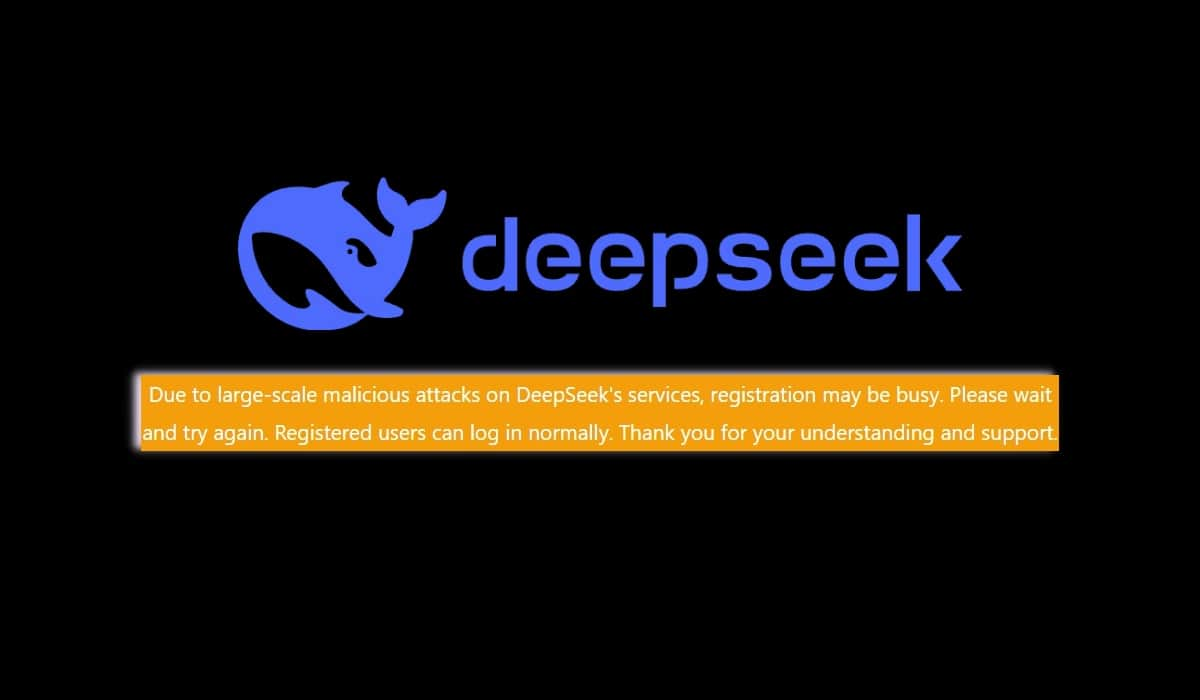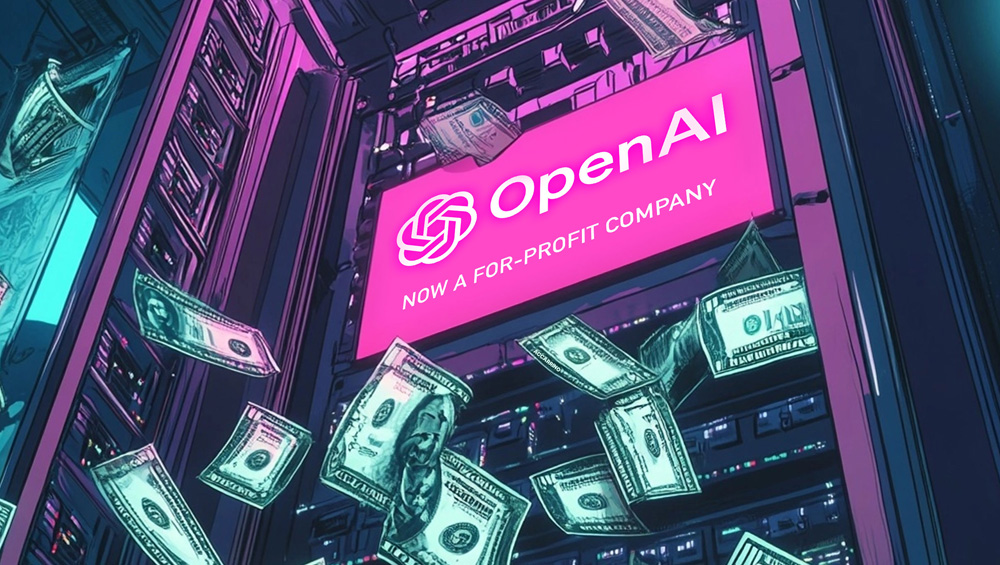
OpenAI, the organization behind ChatGPT, has unveiled plans to restructure its operations to secure substantial funding for advancing artificial intelligence (AI). The company aims to transition its for-profit arm into a Delaware public benefit corporation (PBC), enabling it to attract investments on a larger scale while aligning with societal interests alongside shareholder value.
The move is part of OpenAI’s effort to address the increasing financial demands of developing artificial general intelligence (AGI)—AI that surpasses human intelligence. With this change, OpenAI’s nonprofit parent will retain a significant stake in the new PBC, making it one of the best-resourced nonprofits globally, according to the organization’s official blog post.
Why the Shift?
Founded in 2015 as a nonprofit research entity, OpenAI adopted a for-profit model in 2019 to meet the growing costs of AI development. However, the current hybrid structure, designed to limit excessive profit-making, has proven restrictive for raising capital.
“We once again need to raise more capital than we’d imagined. Investors want to back us but, at this scale of capital, need conventional equity and less structural bespokeness,” OpenAI stated.
The revamp is seen as a “critical step” to secure additional funding and maintain competitiveness in an industry where major players like Anthropic and xAI are already attracting billions in investment. OpenAI recently raised $6.6 billion at a valuation of $157 billion, but the funding was contingent on revising its corporate structure to remove profit caps for investors.
How the New Structure Works
Under the revamped structure:
- For-Profit Unit: OpenAI’s for-profit arm will become a PBC, focusing on both profitability and societal impact.
- Nonprofit Parent: OpenAI’s nonprofit will maintain a significant equity stake in the PBC, with shares assessed by independent financial experts.
This model aligns OpenAI with rivals such as Anthropic, which recently secured a $4 billion investment from Amazon, and Elon Musk’s xAI, which raised $6 billion earlier this month.
DA Davidson & Co analyst Gil Luria highlighted the importance of the change, stating, “The for-profit side of OpenAI will run and control OpenAI’s operations and business. This is the critical step the company needs to make in order to continue fund raising.”
Legal and Competitive Challenges
OpenAI’s restructuring has not been without controversy.
- Elon Musk Lawsuit: Musk, a co-founder turned critic, filed a lawsuit in August, alleging that OpenAI’s shift toward profitability contradicts its original mission to prioritize public benefit. OpenAI has countered these claims, sharing evidence that Musk initially supported a for-profit model before leaving the organization.
- Meta’s Opposition: Meta Platforms has reportedly urged California’s attorney general to block OpenAI’s conversion, raising concerns about regulatory and ethical implications.
Despite these hurdles, OpenAI remains steadfast in its mission to pioneer AGI while balancing commercial success and public good.
Aiming for the Future
OpenAI’s transition to a PBC mirrors the strategies of its competitors and reflects the escalating costs of cutting-edge AI research. The organization has made it clear that this move is vital to sustain its mission and compete with industry giants.
“The hundreds of billions of dollars that major companies are now investing into AI development show what it will really take for OpenAI to continue pursuing the mission,” the company noted.
Whether this structural shift will enable OpenAI to maintain its edge in the AI race remains to be seen, but it underscores the high stakes and financial pressures in the quest to shape the future of artificial intelligence.

